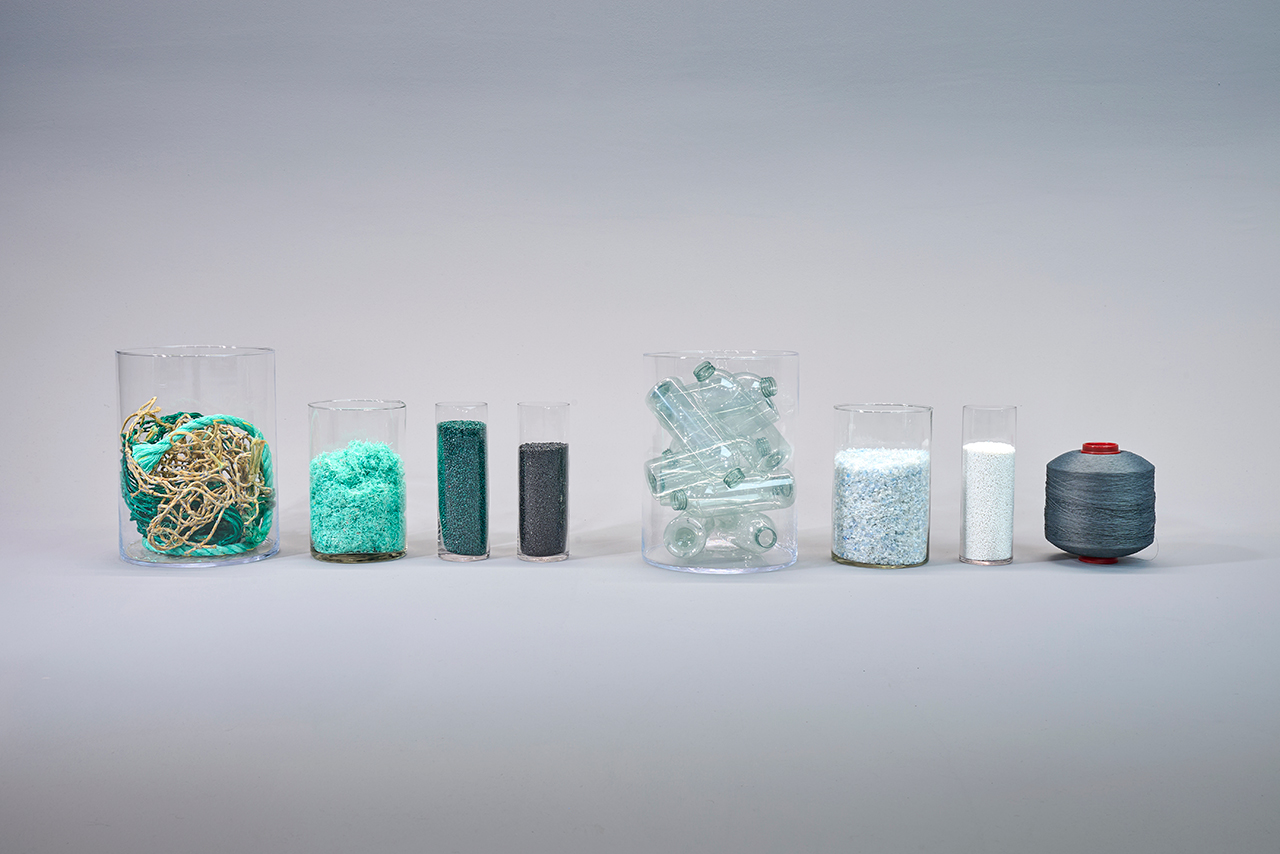Tantalum, tin, tungsten and gold are considered “conflict materials”, as human rights may be endangered when they are being mined. This is why the BMW Group is involved in many global initiatives in this area – for example in the Responsible Minerals Initiative.
A large number of raw and other materials are essential elements in securing our mobility now and in the coming decades. Many are comparatively easily available on the world market, others are rare and can only be purchased in sufficient quantities in individual countries. Besides cobalt these also include tantalum, tin, tungsten and gold.
The automotive industry needs these minerals in order to guarantee the proper functioning of electronic and safety components. Tantalum, for example, a shiny grey, metal that is as hard as steel, is an important component of ABS and airbag systems. It is also required for the production of air conditioning units, navigation systems and parking sensors. Tin is a basic component of batteries, brake discs and cables. And without tungsten or gold, electronic components would not work.
“The demand for these minerals at the BMW Group is not nearly as high as in other industrial sectors. Even in a BMW X7, a maximum of 1.5 grams of gold are used. However, we still need to know where these materials come from and under what conditions they are extracted,” says Samara Madjid from the Sustainability in the Supply Chain department. She mainly focuses on the area of conflict minerals within the Procurement department of the BMW Group.
Unfortunately, the term “conflict materials”, which includes tantalum, tin, tungsten and gold, is not that straightforward an issue to deal with. The mines in which the ores for these materials are extracted are located, for example, in the Democratic Republic of Congo, or in neighbouring regions in Uganda and Rwanda. “Social and environmental standards must be observed in these Central African states too. But some mines are unable or unwilling to provide evidence of the working conditions under which local people work. Especially since profits made may be misused by armed militia to buy weapons. That is not acceptable to us,” Madjid explains.
In order to prevent conflict minerals that have been mined under problematic social or environmental conditions from entering the market, legal requirements are already in place, for example in the US and the EU. The US Dodd Frank package, for example, requires US listed companies to disclose where they source tantalum, tin, tungsten and gold. And a European law obliges all direct raw material importers from the EU to subject their supply chains to due diligence.
“Although these legal requirements do not apply to us, we fulfil them voluntarily,” Madjid emphasises. But even that is not enough for the BMW Group: “We work with around 12,000 suppliers in 70 countries. It is important to us that our partners meet the same high environmental and social standards by which we measure ourselves. This of course also includes respect for internationally recognised human rights as well as labour and social standards along the entire supply chain,” she adds.
The BMW Group therefore assesses the sustainability performance of all parts suppliers as part of the procurement process, using a standardised online assessment. Only those companies receive orders who meet all of the BMW Group’s sustainability requirements, including those relating to conflict minerals. Among other things, corporate guidelines, training activities and management systems for occupational health and safety and environmental protection are queried and reviewed. The necessary certificates to prove that the information is accurate must also be provided. All information is checked for plausibility and correctness by an independent service provider.
In general, it is important for BMW to seek cross-industry solutions that lead to a worldwide improvement in the situation. For this reason, the BMW Group has been the only car maker and mobility service provider that for years has played an important role in the Responsible Minerals Initiative (RMI), and since the beginning of 2019 it has even taken on a leadership role. Leading international companies who are involved in the initiative are committed to “improving safety and human rights conditions in their mineral supply chains”. The aim is, among other things, to take joint measures to minimise social and environmental risks within the supply chain of tantalum, tin, tungsten and gold.
Because the global mining situation in the thousands of micro-mining and transport companies in Central Africa and the hundreds of thousands of buyers and processors worldwide is so complex, the initiative is primarily focusing on the smelters in which the minerals are extracted from the mined ores. “The value chain of the conflict minerals can be compared to an hourglass, in which the supplier and the buyer come together in the narrow centre. This is where RMI comes in,” Madjid explains, “and it is at this “smelting point” that we can best monitor certification to environmental and labour standards. And we can demand long-term improvements because we only accept deliveries that clearly demonstrate compliance with our requirements".
The expectation is that in this way the BMW Group will make a significant contribution to ensuring that conflict minerals are used as soon and quickly as possible exclusively for what they are: valuable raw materials for industry and an important economic factor for the people of Central Africa.












